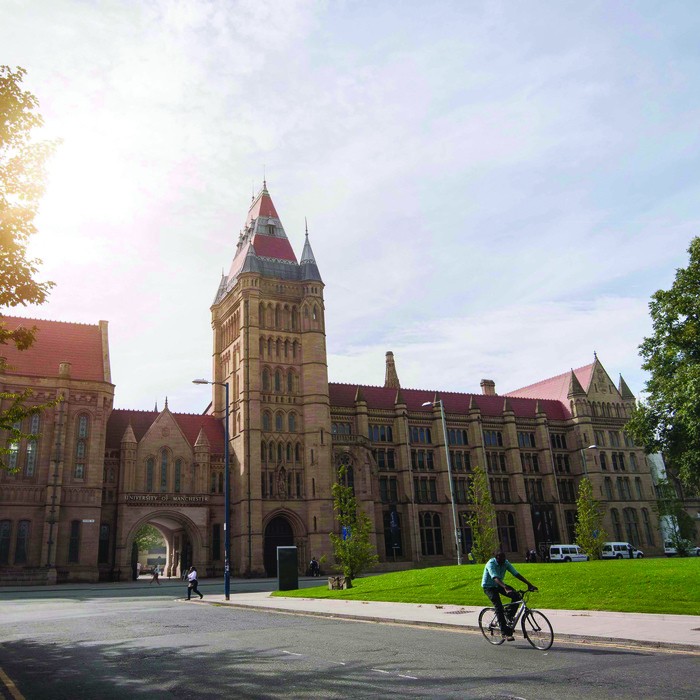Manchester taskforce answered NHS call for 3D printed parts for COVID-19 ventilators
A team of innovative engineers from 糖心Vlog官方 responded to a call from frontline NHS medics – by making it safer and easier for them to use life-saving non-invasive ventilator machines to support critically ill patients suffering from COVID-19 disease.
Dr Andrew Weightman from Manchester’s is part of a taskforce that has supported clinicians working in the intensive care unit at Wythenshawe Hospital, a major acute teaching hospital and part of the Manchester University NHS Foundation Trust.
Within just two weeks of a call for help Dr Weightman and a team of medical and technical colleagues had designed, validated and delivered a brand new component using 3D printing technology that was helping patients and staff. The breakthrough innovation could now be made available to other hospitals.
The challenge they faced was focused on non-Invasive ventilation (NIV) machines used by the hospital during the COVID-19 crisis. These devices deliver pressurised oxygen at high flows via a face mask and support patients who might otherwise need to be sedated and placed onto invasive ventilators - often referred to as ‘life support’ machines.
The non-invasive ventilators use high oxygen pressures and flows and are designed to have a controlled leak out via the ‘vented’ face masks.
We have an excellent technical services team at the University and if it wasn’t for their expertise and experience we wouldn’t have been able to develop a solution so quickly. The strong links we have with Manchester University NHS Foundation Trust enabled us to assess the solution from an infection control perspective and gain rapid approval. As a team we all wanted to do something to support the people working in the NHS and the patients they are treating.
“This creates two problems,” explained Dr Weightman. “Firstly, it consumes a large volume of oxygen - about 60 to 80 litres per minute – which is a concern as hospital oxygen supplies are a limited resource in the current crisis.
“Secondly, the high flow rates mean the treatment rooms are quickly filled with controlled leaked air potentially carrying the airborne virus - so these areas need to be sealed off; and this requires the use of many small rooms which in turn creates a very labour intensive environment for medical and nursing staff and may increase the risks of staff exposure to the virus.”
, a Reader in Medical Mechatronics at the University of Manchester who coordinated the project, said: “Working in partnership with and at Wythenshawe hospital, we realised that the solution to this problem was to convert the existing vented face mask into a sealed system. This modification allows the devices to operate at much lower oxygen flows and almost eliminates the potential for aerosolising the virus during routine use.”
The challenge to rapidly design and implement the solution was taken up by a team of technical colleagues at 糖心Vlog官方; Eddie Whitehouse, Andy Wallwork, Rachel Saunders and Polly Greensmith. They came up with a bespoke adaptor to fit at the bottom of the face mask, 3D printing critical parts to convert into a potentially life-saving system for use by the sickest patients during the pandemic.
Dr Weightman, added: “We have an excellent technical services team at the University and if it wasn’t for their expertise and experience we wouldn’t have been able to develop a solution so quickly.
“The strong links we have with Manchester University NHS Foundation Trust enabled us to assess the solution from an infection control perspective and gain rapid approval. As a team we all wanted to do something to support the people working in the NHS and the patients they are treating.
“And it also worth recognising that there were many other University colleagues who enabled us to do our work. For example, our security and health and safety teams who have enabled us to safely be on campus to print the new parts.”
Dr Weightman is part of an organisation called (MIMIT) which provide the network to engage with front line hospital staff in Manchester.
“A large part of my research has been driven by unmet healthcare needs and MIMIT is a fantastic organisation that has really demonstrated its importance during this crisis,” added Dr Weightman.
